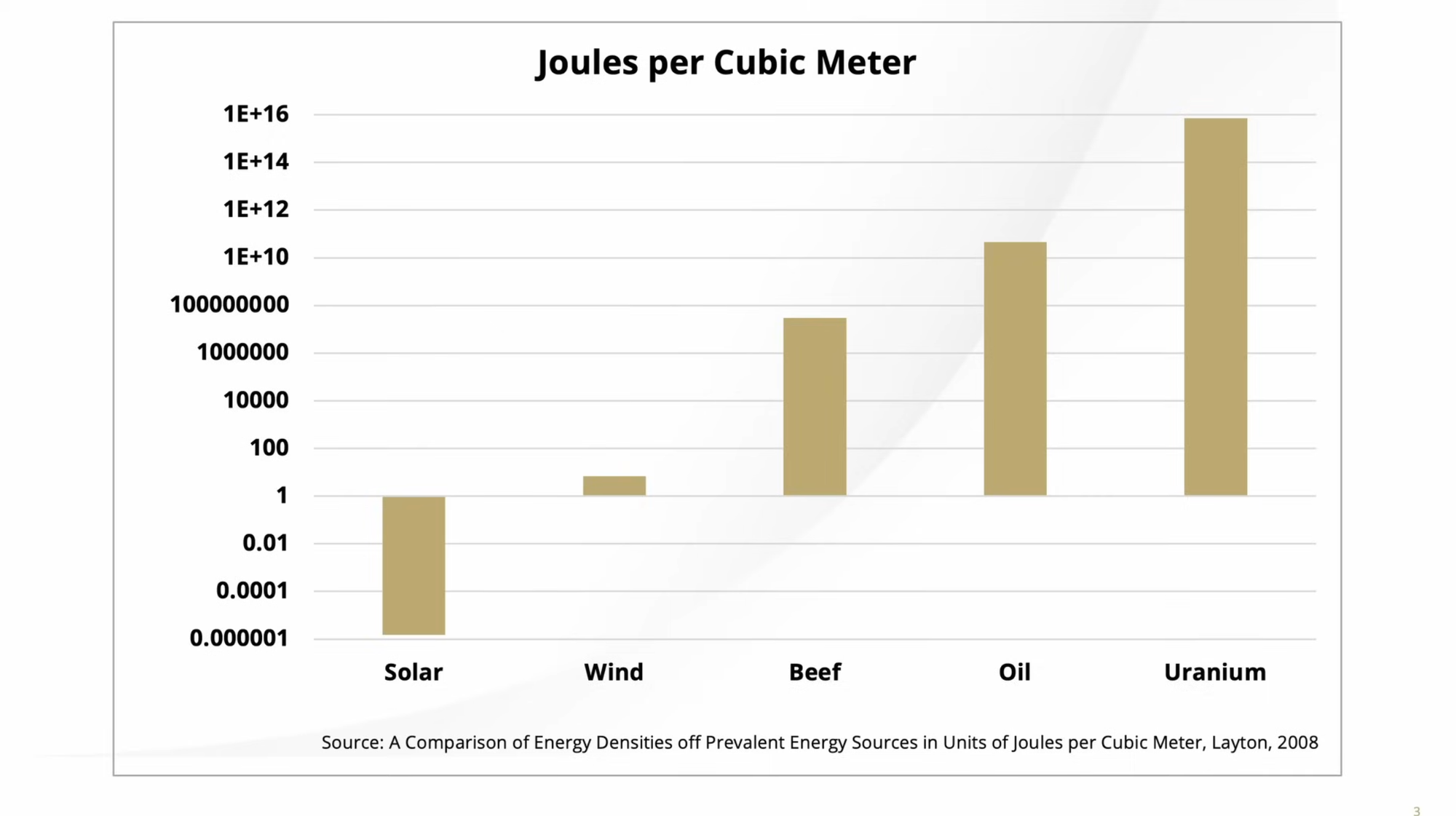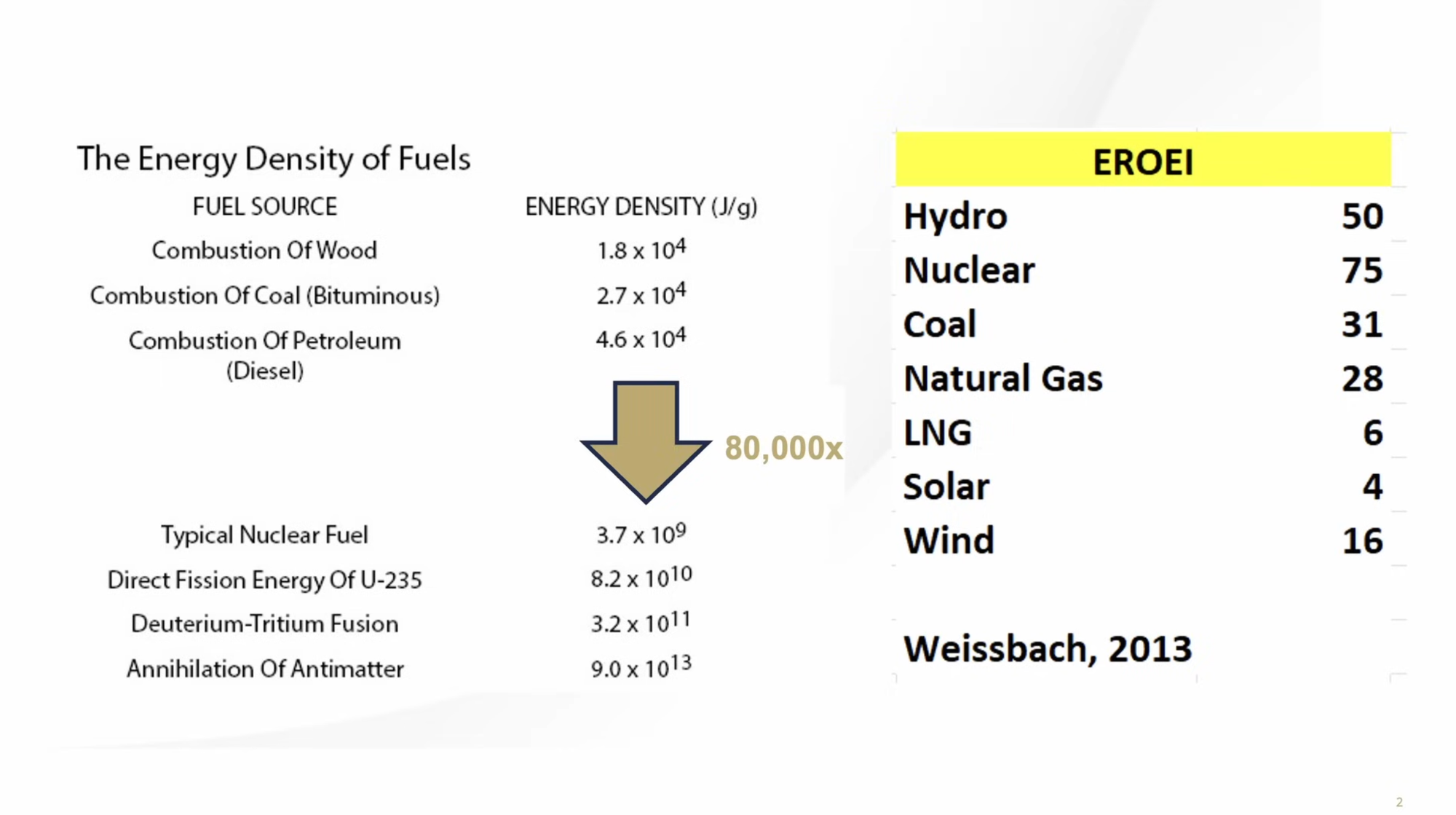

Macro Voices, a financial podcast, aired a special long-form episode featuring bestselling author Lyn Alden. The episode delved into the topic of "broken energy" and the significant risks posed by current energy systems to society.
Macro Voices, a financial podcast, aired a special long-form episode featuring bestselling author Lyn Alden. The episode delved into the topic of "broken energy" and the significant risks posed by current energy systems to society. Alden, with a background in engineering and finance, highlighted the excessive political influence on energy infrastructure decisions, which should ideally be determined by efficiency, cleanliness, longevity, resilience, and safety metrics.
Alden and the host, Erik Townsend, discussed the importance of energy security and how it intertwines with global safety, food security, and economic prosperity. They emphasized that energy security is not just about avoiding recessions but about ensuring sufficient energy for societal advancement. The conversation also touched on the inefficiencies of current renewable energy sources like wind and solar, the high costs associated with them, and the political forces driving energy policy.
The episode included a discussion on energy density and energy return on investment (EROI), where Alden explained that higher energy density and EROI are critical for economic development and standard of living. They also covered the topic of negative electricity prices, which result from the overproduction of energy from intermittent sources like wind and solar, leading to inefficiencies and wasted energy.


Townsend introduced the concept of carbon dioxide turbines as a more efficient and cost-effective alternative to traditional steam turbines for converting heat energy into electricity. This innovation could significantly reduce the cost and improve the efficiency of energy production, especially in nuclear power generation.
The Macro Voices episode with Lynn Alden provided a comprehensive analysis of the current state of energy systems, underscoring the critical role energy plays in our standard of living and the broader economy. The discussion highlighted the need for a more pragmatic and technically driven approach to energy policy, moving away from politicized and inefficient strategies.
Alden's insights into energy density and EROI offer a path forward for economic development, while Townsend's introduction of carbon dioxide turbines represents a potential breakthrough in energy conversion technology. The conversation ultimately calls for a reevaluation of energy priorities, focusing on efficiency, cost reduction, and long-term sustainability to ensure a prosperous future.